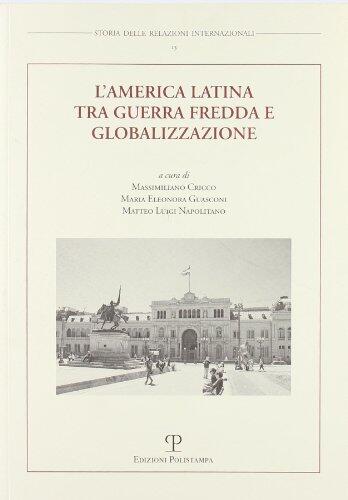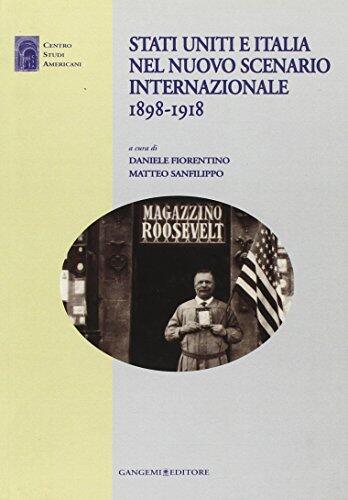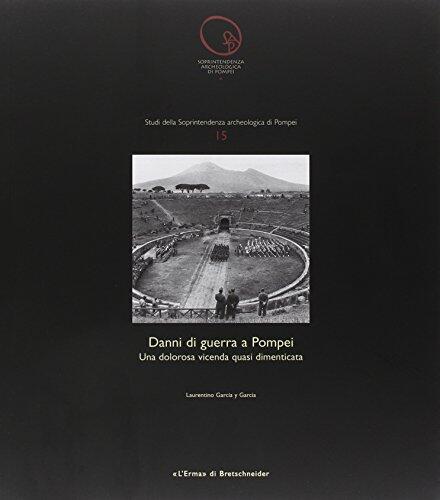
Il terrore nazista: La Gestapo, gli ebrei e i tedeschi
还没有评分
Action & Adventure
Horror
格式
平装书
页数
545
语言
意大利语
已发布
Jan 1, 2001
出版商
Arnoldo Mondadori Editore
ISBN-10
8804501081
ISBN-13
9788804501084
描述
A chilling examination of the Nazi regime, this work delves into the oppressive machinery that defined an era marked by fear and brutality. Written by Eric A. Johnson and Elena Dal Prà, the narrative explores the inner workings of the Gestapo, the secret police that played a pivotal role in enforcing Hitler's reign of terror. The authors vividly portray the relentless pursuit of Jews and perceived enemies of the state, illuminating the harrowing tactics used to instill terror within the German populace.
Through a blend of historical analysis and poignant storytelling, Johnson and Dal Prà reveal the moral complexities faced by ordinary Germans during this dark chapter. They interrogate the motivations and fears that drove individuals to either comply with or resist the pervasive atmosphere of dread. The book serves as a stark reminder of how quickly a society can descend into chaos under a tyrannical regime.
By intertwining personal accounts with broader historical contexts, the authors give voice to the victims and the pervasive climate of suspicion that enveloped Germany. The chilling tales of betrayal and survival underscore the human cost of totalitarian control, highlighting the need for vigilance against such ideologies in contemporary society.
In an era where the shadows of the past loom large, this work is a crucial reflection on the consequences of hatred and the importance of remembrance. The authors compel readers to confront uncomfortable truths about complicity, resistance, and the fragility of human rights in the face of power.
Through a blend of historical analysis and poignant storytelling, Johnson and Dal Prà reveal the moral complexities faced by ordinary Germans during this dark chapter. They interrogate the motivations and fears that drove individuals to either comply with or resist the pervasive atmosphere of dread. The book serves as a stark reminder of how quickly a society can descend into chaos under a tyrannical regime.
By intertwining personal accounts with broader historical contexts, the authors give voice to the victims and the pervasive climate of suspicion that enveloped Germany. The chilling tales of betrayal and survival underscore the human cost of totalitarian control, highlighting the need for vigilance against such ideologies in contemporary society.
In an era where the shadows of the past loom large, this work is a crucial reflection on the consequences of hatred and the importance of remembrance. The authors compel readers to confront uncomfortable truths about complicity, resistance, and the fragility of human rights in the face of power.



















